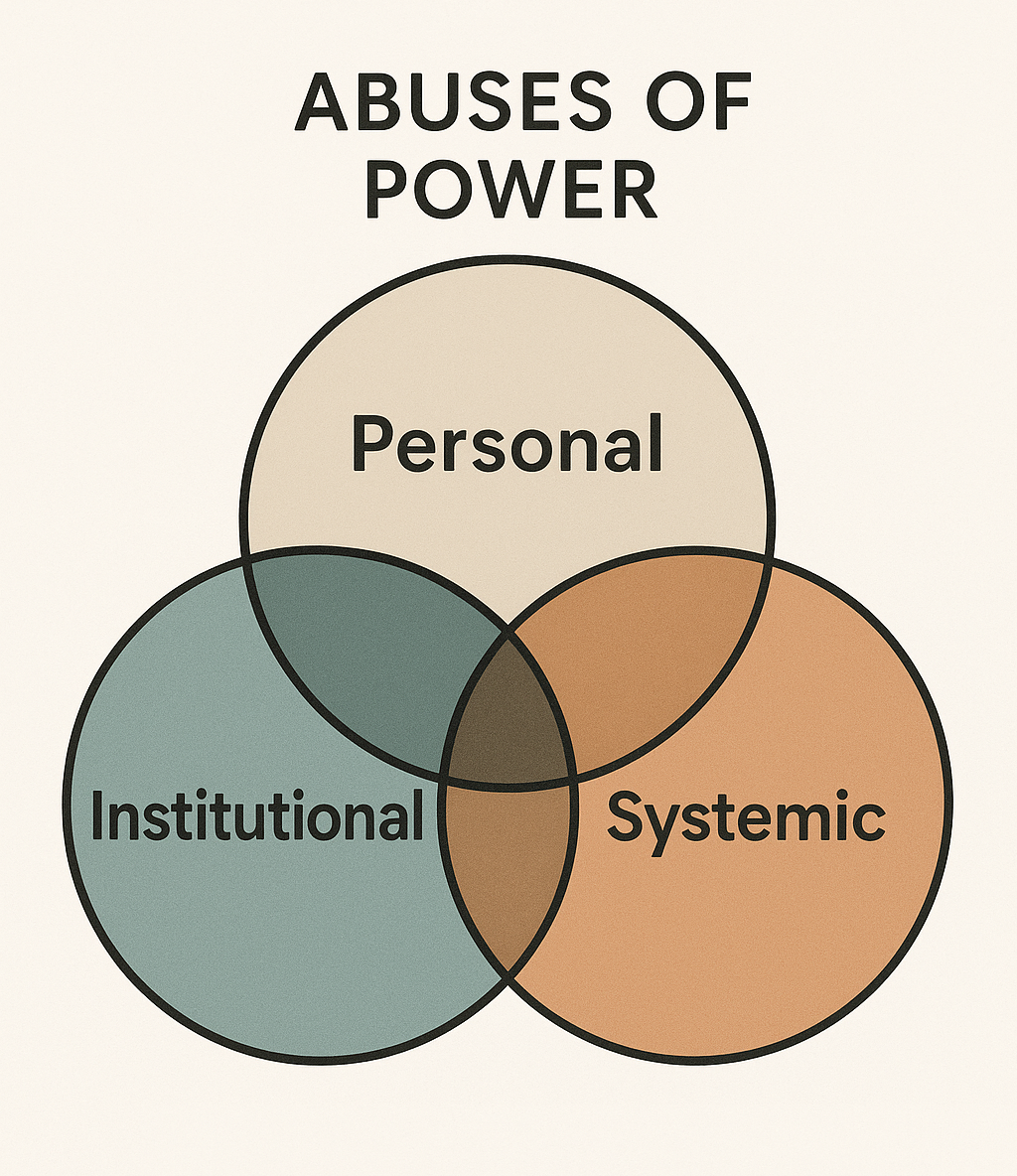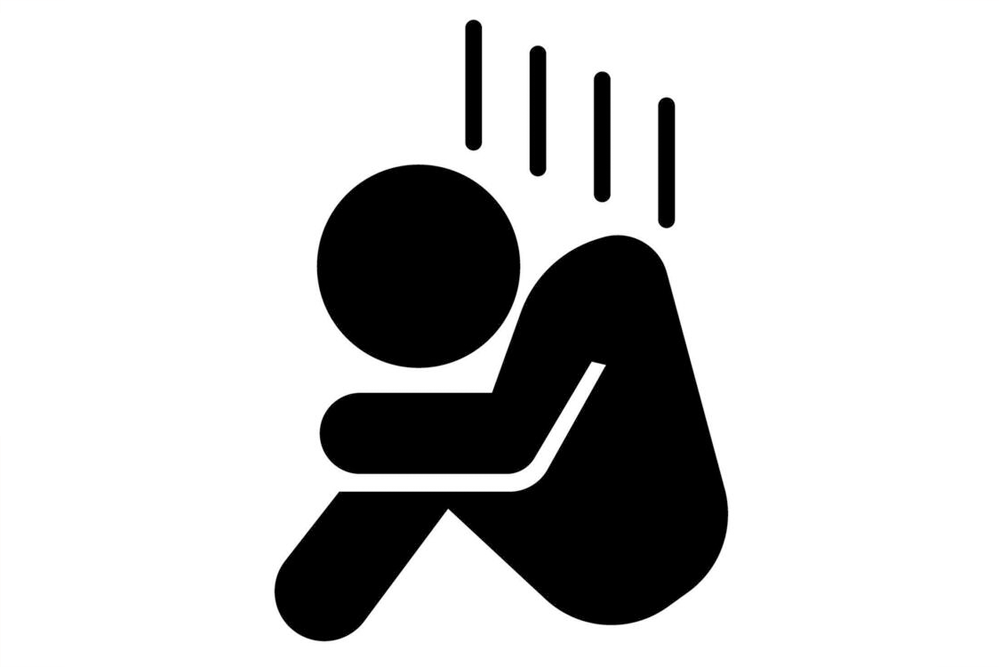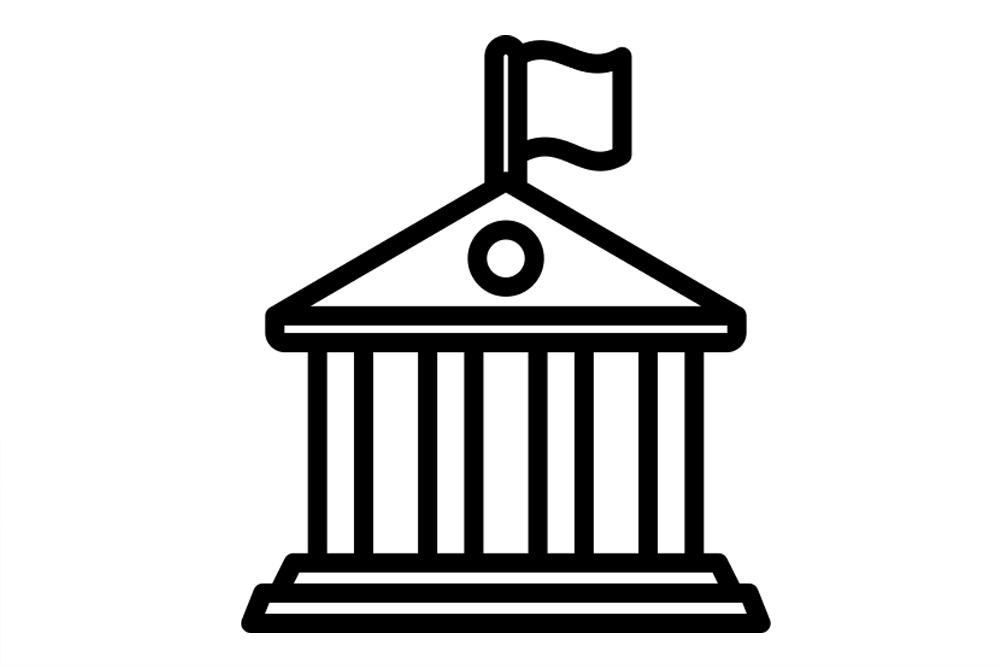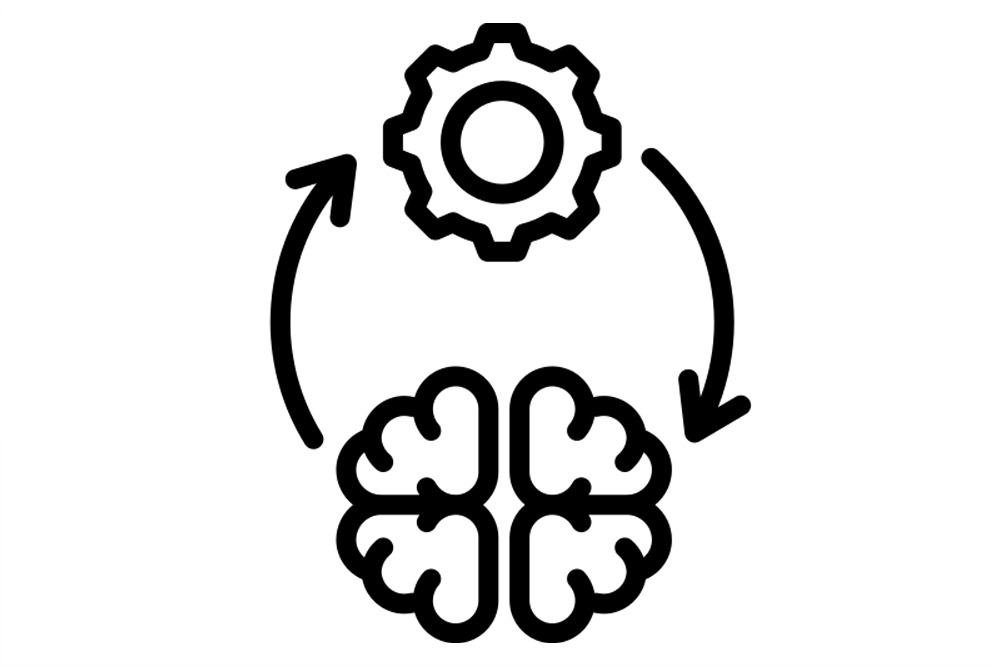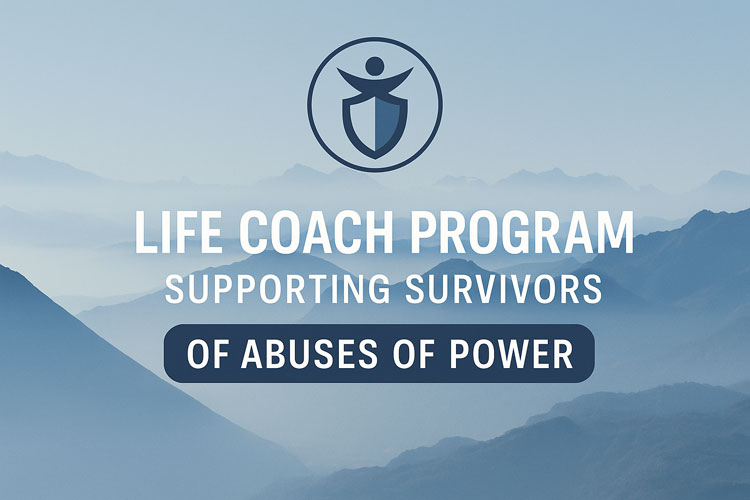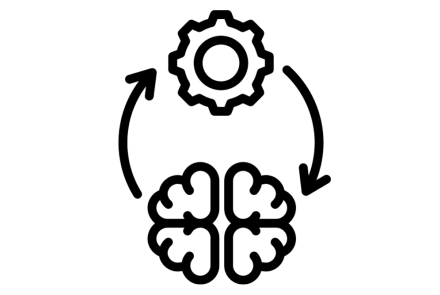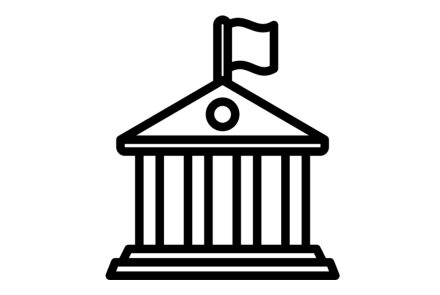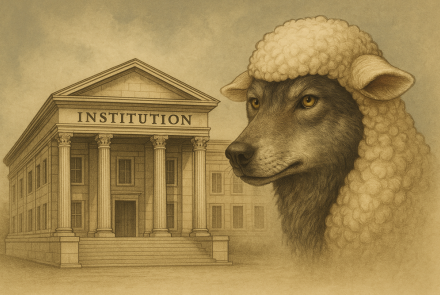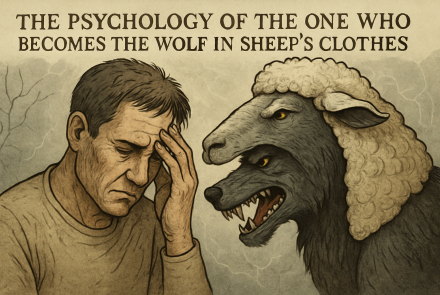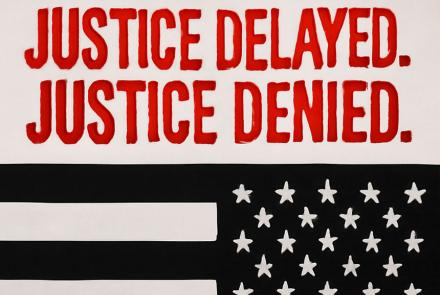Systemic abuse of power is the most deeply embedded and far-reaching form of abuse, woven into the very structures that govern society. It’s not limited to one person or institution—it’s a pattern that spans generations, reinforced by laws, policies, traditions, and cultural norms that disproportionately disadvantage certain groups while protecting others.
Resources
Abuse of power is the misuse of authority by someone in a position of power to exploit, control, manipulate, or harm others for personal gain, to silence dissent, or to maintain control. It occurs when leaders, institutions, or individuals go beyond their rightful authority and violate ethical boundaries, legal standards, or the rights of others.
Power itself isn’t bad. But when it's misused to control, exploit, or harm others—that’s abuse of power.
This abuse can take many forms, including:
At its core, abuse of power thrives on imbalance, where one party wields power and the other lacks the means to challenge or escape it. It often includes elements of fear, coercion, and a “culture of silence” that discourages victims from speaking out.
Recognizing abuse of power is the first step to reclaiming autonomy, exposing injustice, and holding the powerful accountable.
Personal
Personal abuse of power is one of the most insidious forms of control. It doesn’t come from a title or a badge, but from the emotional, psychological, and relational dynamics between individuals—often in families, romantic relationships, or close friendships. Unlike systemic or institutional abuse, personal abuse of power often hides behind smiles, sweet words, and shared history. It's harder to spot because it’s...
Institutional
Institutional abuse of power occurs when organizations—such as schools, workplaces, law enforcement, religious bodies, or healthcare systems—use their authority to exploit, suppress, or neglect the people they are meant to serve or protect. Unlike personal abuse, which happens between individuals, institutional abuse is systemic and often normalized within policies, cultures, and unspoken rules....
Systemic
Systemic abuse of power is the most deeply embedded and far-reaching form of abuse, woven into the very structures that govern society. It’s not limited to one person or institution—it’s a pattern that spans generations, reinforced by laws, policies, traditions, and cultural norms that disproportionately disadvantage certain groups while protecting others. Systemic abuse of power shows up in...
Take the First Step.
- Become a Life Coach to support those who have experienced abuses of power and transform your compassion into a powerful force that helps others reclaim their voice, dignity, and future.
Learn. Earn. Return.
- Learn what it means to be mindful, brave, and informed.
- Earn the courage to act.
- Return by helping others on their journey—because real heroes create more heroes.
Most of our certificate programs are beginner-friendly, but we also offer advanced options for those looking to deepen existing skills. Each course page will outline any recommended background knowledge.
Yes! Our programs are 100% online and accessible worldwide, so you can learn from wherever you are.
Yes! Once you successfully complete all course requirements, you’ll receive a digital certificate that you can download, print, or add to your LinkedIn profile and resume.
Most programs can be completed in a few weeks to a few months, depending on the subject and your schedule. Many are self-paced, so you can learn as quickly or gradually as you like.
We offer affordable pricing with no hidden fees. Each program lists its cost upfront, and some even come with discounts for students.
Please complete this form to apply for a student discount.

